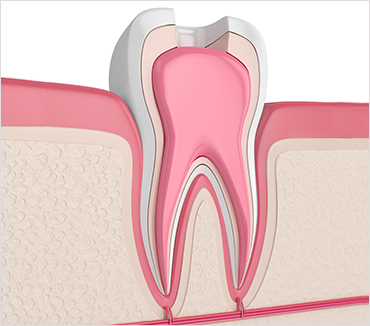Our integrative approach to root canal treatments. The field of biologic dentistry challenges the traditional field of dentistry on the use of root canals. We are here to answer your questions on this debate. Our first goal is to prevent them in the first place, right? We agree that we would rather not do any root canals, but often the alternatives to root canals are not fully understood when making this decision.
A root canal treatment is done to save a tooth that is infected and causing pain and would otherwise need to be extracted. An extraction is more costly and may cause complications with adjacent teeth.
A root canal is often done by an endodontist, a dental specialist, but many general dentists also complete this procedure.
A root canal or endodontic therapy is often needed when the nerve of a tooth is affected by decay or an infection. The dental pulp (the living tissue inside the infected tooth) and any decay are removed and treated with disinfectant to help save the tooth. Once removed, the resulting hole in the tooth is filled and sealed to restore the tooth to its full function. A crown may be required to complete the restoration.
Root canal treatment is a highly effective procedure with a good prognosis for success.


 If you experience these symptoms, you may have an infected tooth or infected root canal.
If you experience these symptoms, you may have an infected tooth or infected root canal.


















